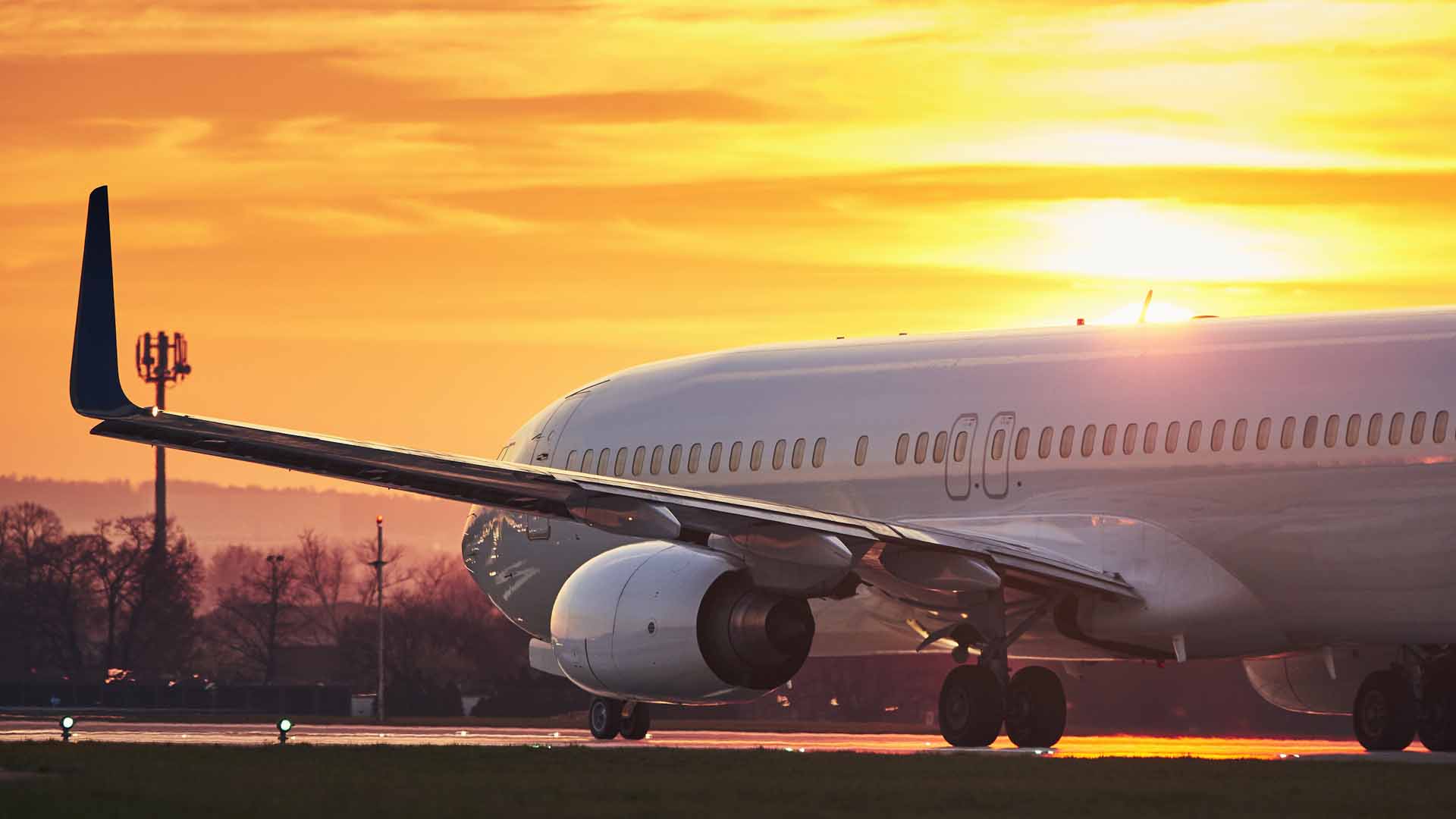With the sudden announcement of a temporary travel ban to China amid the novel coronavirus (2019 nCov) scare, all local airlines and many foreign carriers operating in the Philippines have been allowing rebooking without penalty, even if they are not required to do so, Civil Aeronautics Board (CAB) executive director Carmelo Arcilla said.
“The flight disruptions involve a force majeure situation, which universally limits the liability of a party to an agreement, like the airlines in this case, because the flight cancellation is not attributable to the fault of the airline,” he said.
He explained that under the rules, the right of the passenger in such a situation is to refund the ticket’s value.
“In practice, however, we prevail upon the airlines to go beyond the letter of regulation in times of calamities and other abnormal situations, in order to protect the interest of passengers, who are also not to blame for the cancellation,” Arcilla noted.
Manila International Airport Authority (MIAA) general manager Ed Monreal earlier said there were some flights from Hong Kong that landed in Manila, a few moments after MIAA received the directive on February 2.
The directive covers temporary ban of any person regardless of nationality, except Filipino citizens and permanent resident visa holders issued by the Philippine government directly coming from China or SAR; any person regardless of nationality, except Filipino citizen and permanent resident visa holders, who within 14 days immediately preceding arrival in the Philippines, has been to China or its Special Administrative Regions.
A temporary ban on Filipinos from travel to China and its special administrative regions was also imposed.
With such directive, the Bureau of Immigration’s (BI) instruction was to send all foreign nationals, except permanent resident visa holders, back to their ports of origin.
BI Port Operations Division chief Grifton Medina earlier clarified that sending them back to their ports of origin would depend on the airlines if there would be an available flight. “If there’s none, they could probably use the same airline that took them here, if it would agree to take them back,” he said.
“Are the airlines required to shoulder the extra cost of bringing them back to their ports of origin as soon as possible? Should passengers bear the cost to book with another airline with the earliest available flight?” the PNA asked.
Arcilla said he cannot pinpoint how a particular airline would react under this kind of situation.
“In general, all local airlines and many foreign airlines operating in the Philippines rise to the occasion and allow rebooking without penalty during events like this,” he added.
Since February 2, local carriers Philippine Airlines (PAL), Cebu Pacific (CEB) and AirAsia Philippines have canceled their flights between the Philippines and China.
The recent inclusion of Taiwan in the temporary travel ban prompted the three carriers to cancel their services there beginning February 11, until further notice.
They have been giving their passengers the options to refund, or rebook flights without additional cost, or to place the ticket’s value to a travel fund.
The travel ban was directed to the travelers and not to the airlines, Arcilla clarified earlier. (PNA)





















